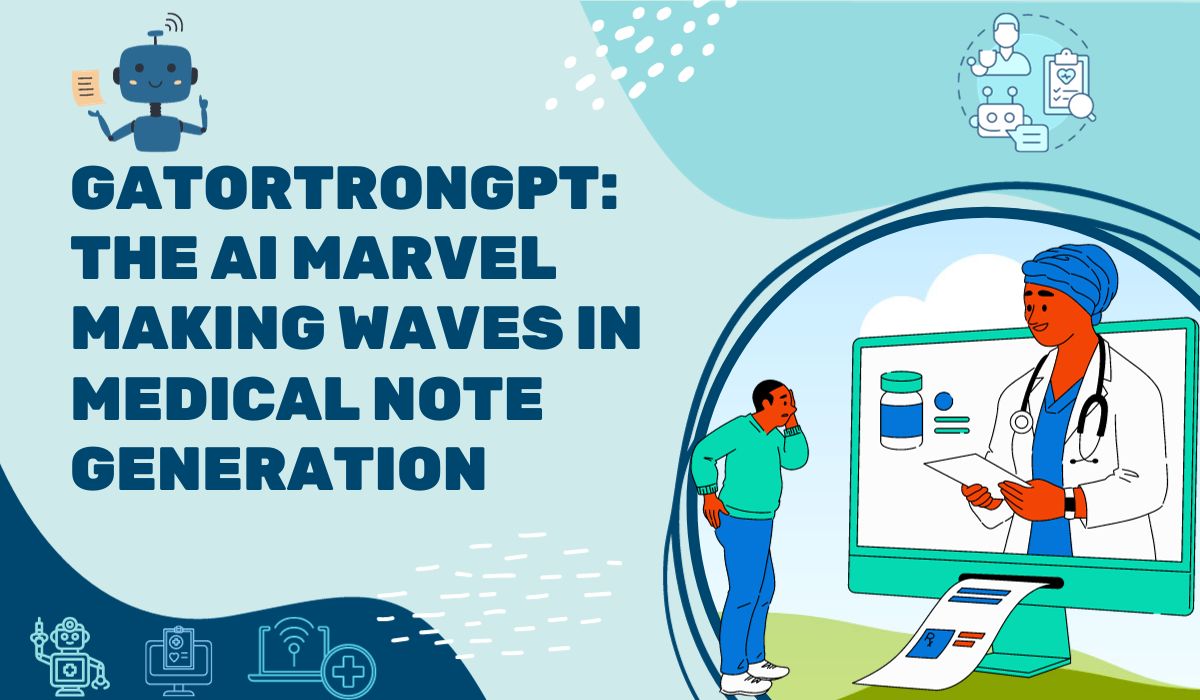
In a groundbreaking study, a newly developed artificial intelligence (AI) computer program demonstrates an uncanny ability to generate doctors' notes indistinguishable from those crafted by human physicians. The findings pave the way for AI to revolutionize healthcare efficiency and support medical professionals.
The proof-of-concept study involved physicians reviewing patient notes, some authored by human doctors and others generated by the innovative AI program. Astonishingly, the physicians accurately identified the correct author only 49 percent of the time.
A collaborative effort between 19 researchers from NVIDIA and the University of Florida led to the creation of GatorTronGPT, a novel AI model functioning similarly to ChatGPT. This model, downloaded over 430,000 times from the open-source AI platform Hugging Face, holds promise for clinical research, according to lead author Yonghui Wu from the University of Florida's Department of Health Outcomes and Biomedical Informatics.
"In healthcare, everyone is talking about these models. GatorTron and GatorTronGPT are unique AI models that can power many aspects of medical research and health care. Yet, they require massive data and extensive computing power to build. We are grateful to have this supercomputer, HiPerGator, from NVIDIA to explore the potential of AI in healthcare," Wu stated.
The study, published in the journal npj Digital Medicine, involved developing a large language model enabling computers to replicate natural human language. While such models excel in standard writing or conversations, medical records present additional challenges, including the need to safeguard patient privacy and navigate highly technical language.
To address these obstacles, researchers utilized health records from two million patients, containing a staggering 82 billion medically relevant words. By combining this dataset with another of 195 billion words, they trained the GatorTronGPT model to analyze medical data using GPT-3 architecture, a form of neural network architecture. This approach enabled GatorTronGPT to generate clinical text resembling doctors' notes.
One potential application of this medical GPT involves replacing the laborious task of documentation with AI-recorded and transcribed notes. Achieving this level of parity with human writing necessitates weeks of programming supercomputers with clinical vocabulary and language usage derived from an extensive corpus of billions of words. The study unveils the potential for AI to revolutionize healthcare documentation and reshape the future of medical practices.